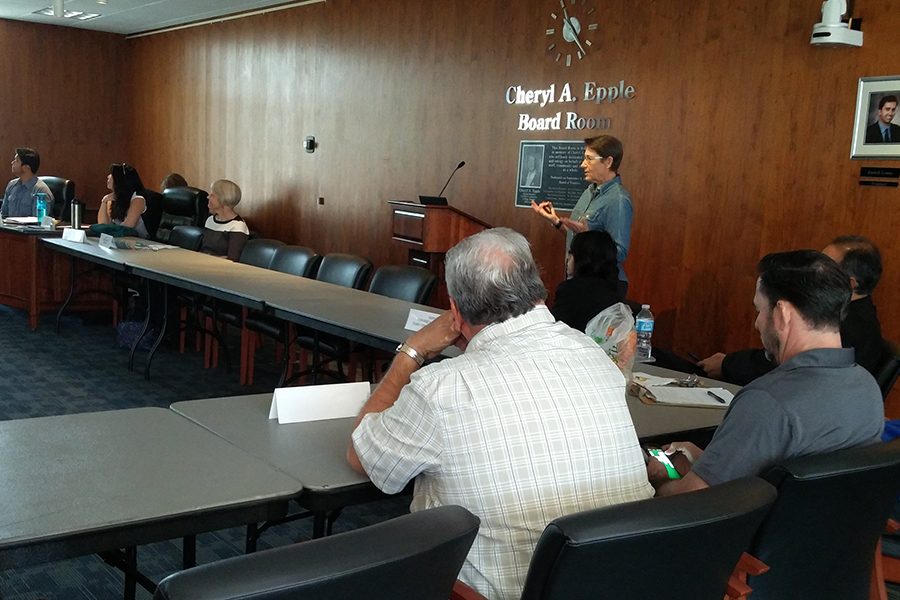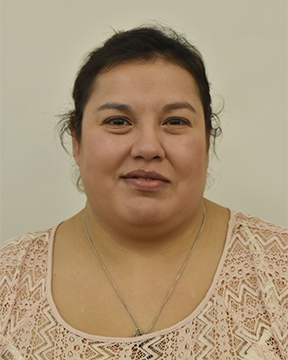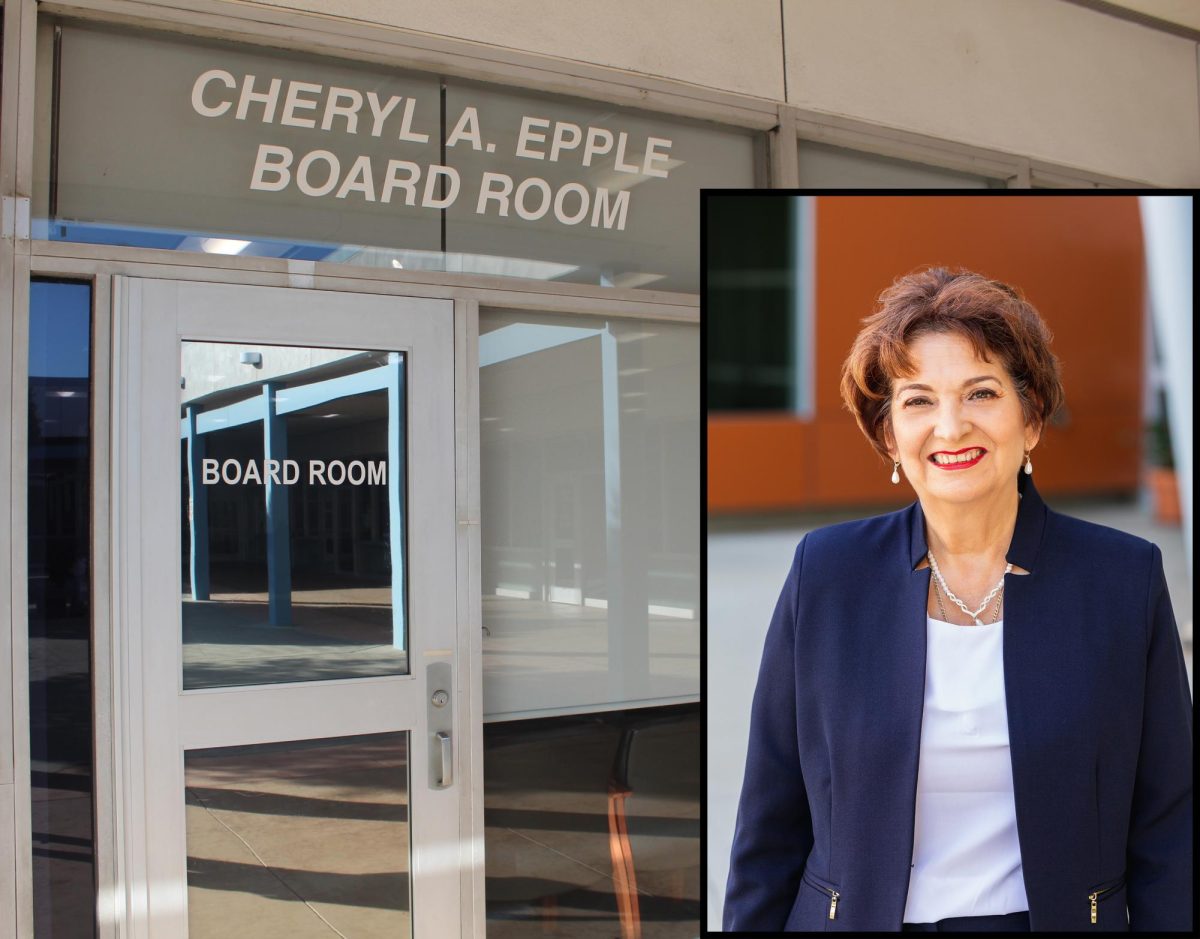Creating the opportunity for students to link a physical education class with a math or english class may seem like an odd pairing, however Physical Education Instructor Debbie Jensen presented Faculty Senate with research that states that having a high heart rate before class increases learning potential.
For students it could be the difference between passing math or failing, or more drastically the difference between graduating or not.
Jensen, spoke at the Tuesday, March 7, Faculty Senate meeting on a topic that had been previously discussed.
The agenda item was the introduction to the Physical Educators for Discipline, Attitude and Learning Program.
Giving the presentation is something Jensen has done in different meetings going back to Nov. 17 2014 cabinet meeting according to a Talon Marks article.
In the meeting she stated there was a lack of active administrative support for establishment of P.E.D.A.L. Program classes.
The theory behind the P.E.D.A.L. Program is having an increase in heart rate for a short amount of time 10 to 30 minutes before an academic class increases the brain’s learning potential.
Jensen is particularly adamant about having the P.E.D.A.L. Program offered at the college because research dating back to 1999 has proven the theory to be true.
The P.E.D.A.L. Program is not a new program on campus. It was part of the 2016 Learning Communities program. In the Spring 2016 semester, there were two classes offered; one was Pedal with Math I and the other was Pedal with Math II.
The program requires students to take math and physical education classes together as well as taking a pre-test and a post-test to collect data on learning improvement.
What Jensen was looking for in senate was faculty volunteers, instructors willing to participate in the program, and the addition of linked physical education classes with math and english classes to the upcoming fall semester.
Although faculty present at the meeting showed interest in the research, Jensen presented and in the program, no voting or concrete approval for the programs implementation was made.
Faculty Senate President, Michelle Lewellen said, “There seemed to be some issues with administration setting time aside and that was likely and issue of [Vice President of Academic Affairs JoAnna] Schilling leaving and [Dean of Academic Affairs Rick] Miranda stepping in.”
Lewellen stated the P.E.D.A.L. Program would be a “wonderful addition to our completion program” and “senate will be working with administration to get those classes set [and then have] senators share with their divisions and have faculty volunteer to help with that [program].”
She hopes to have all the requirements for the addition of the classes done by the end of this semester and have the classes available for students in the upcoming fall semester.
Humanities Professor Julie Trager said, “It is an exciting initiative that we should support. I think that a healthy body is a healthy mind.”
Trager also said that if people exercise and eat well and take care of their body, they will have stronger attention span.
She is also willing to implement the programs learning strategy and spend the first five to 10 minutes of her class having her students exercise and elevate their heart rate in order to increase their learning potential.










